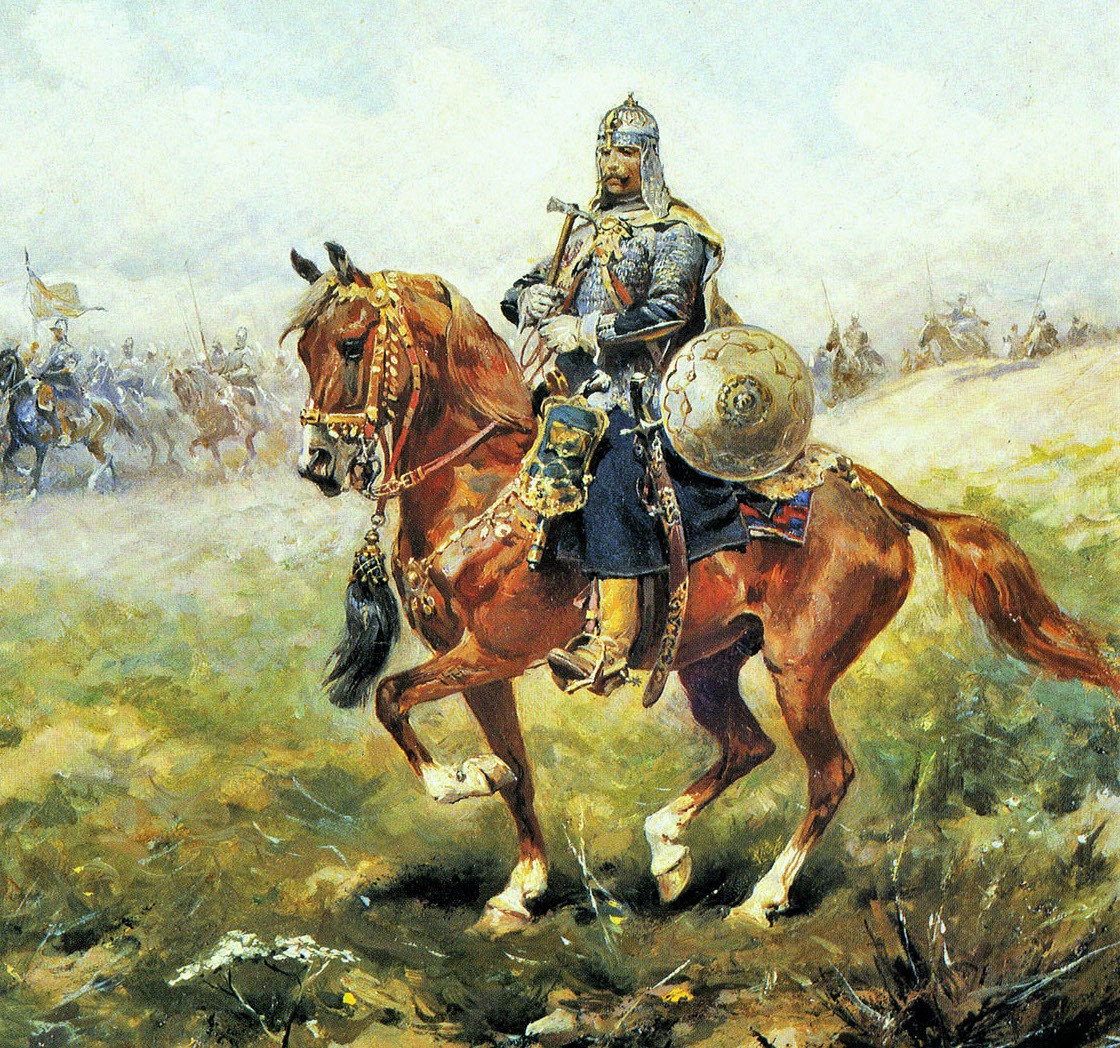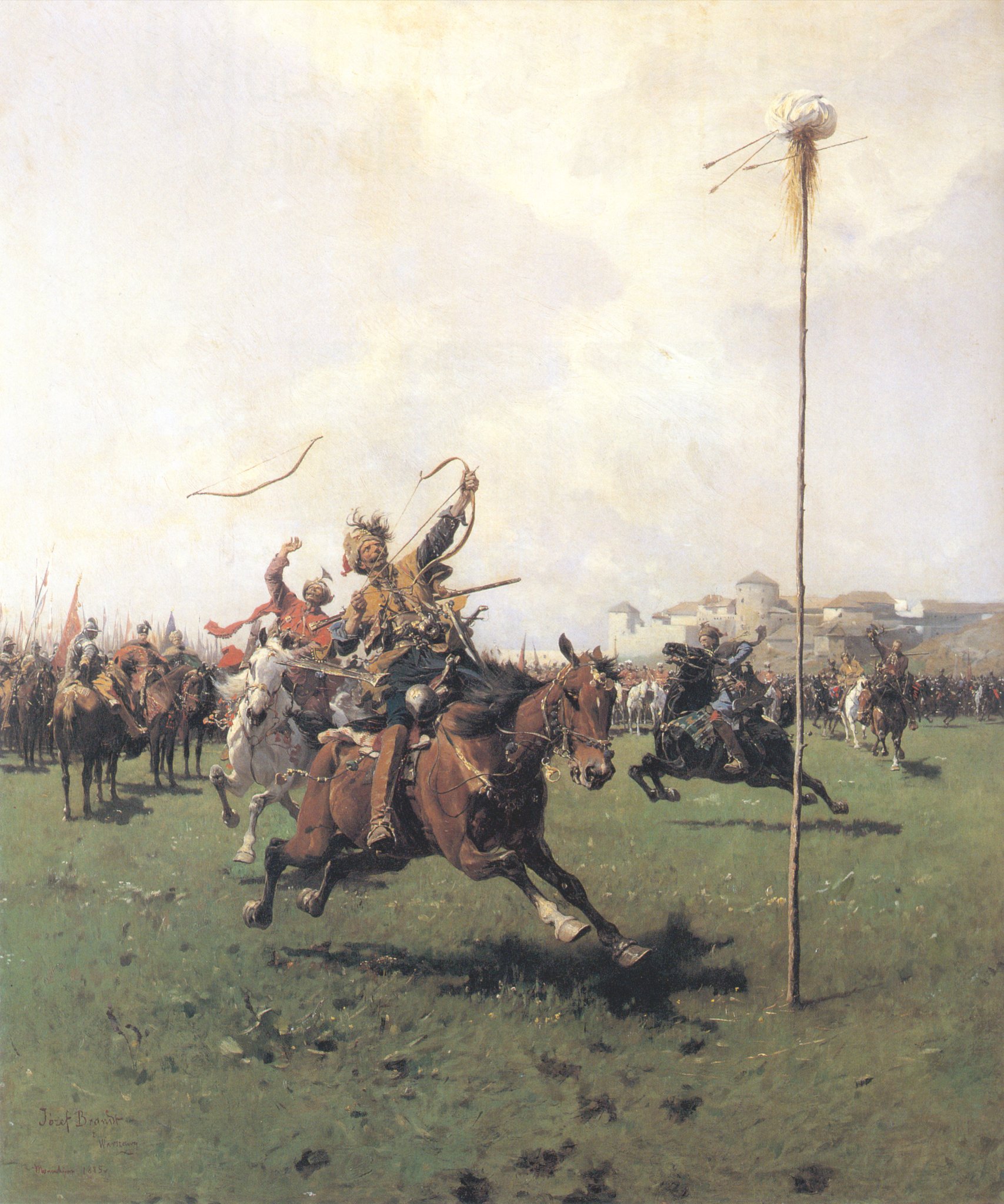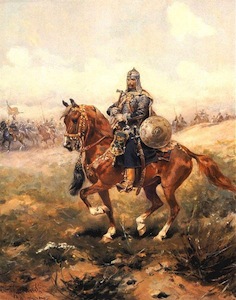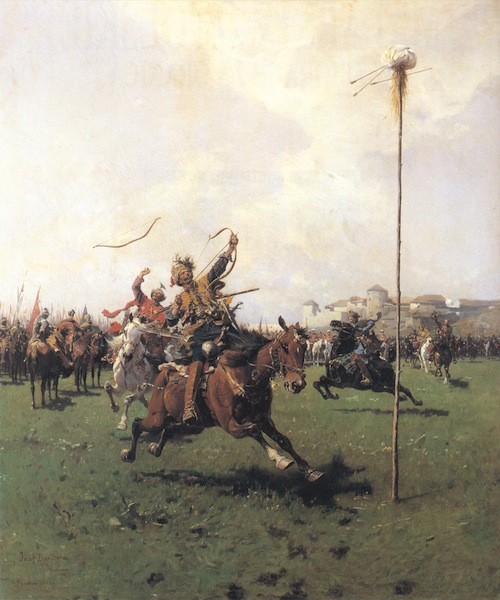News /
THE ARMY OF POLAND - THE REALITY [493]
But here's a nice source for you with numbers: ... -landings/UPI-64671191349568/
You quoted the "so-called" Polish media experts, in this case Polish Radio, from Oct 2, 2007 - a heyday times of our sensationalists. Exactly, as I said, the deja vu again. Laughable, Harry.
You said nothing of value in your first post, nor in your second "retort". You get tangled around the $123 millions figure, which I mentioned in my post as well. The difference is that this figure was assumed in 2003, in the early MON plan, which was followed up. This is not any revelation Harry, they knew about potential service expences and about spare part costs.
But obviously you cannot read Polish so you conveniently ignored the first links I posted - the MON report of 2008. I did not invented those numbers.
And you ignored the second link too, where they show the fifth anniversary numbers, related to the
F-16s that actually do fly Harry.
The fifth birthday of F-16 - a balance sheetmon.gov.pl/pl/artykul/12083 , 2011-11-09
Since 2009-11-09, when the first F-16 was flown in to Krzesiny near Poznan:
- Continuous training of flying personnel in joint air operations with Belgium, The Netherlands, Germany, France, Greece, Denmark, Sweden, Spain [they forgot to mention USA and Great Britain, boletus]
- in 2011 component "Jastrząb" from Krzesiny obtained positive certification FORCEVAL, a necessary condition for participation in NATO operations in the framework of TACEVAL - Tactical Evaluation Program.
- Both Tactical Air Bases: 32 BLT (£ask) and 31 BLT (Krzesiny) are in continuous combat duty (32 BLT since January 2010, 31 BLT since June 2011) NATINADS (Nato Integrated System of Air Defence),
- Both bases 32 BLT (Janurary 2010) and 31 BLT (June 2011) are in continuous QRA (Quick Reaction Alert) combat duty - part of NATINADS.
- Since 2009-12-14 the basic pilot training course takes place in Krzesiny , rather than exclusively in USA.
- Training of ground crews in English and in 23 technical specialization has been also moved from USA to Poland
- As of 2011-11-02, during the five years, Polish F-16s flew 14 834 sorties with a total number of 25 719 hours. [Probably too few, but that's the salary issue - boletus]
- The bases have 49 F-16 pilots [again, this number should be higher. It's all about salaries - boletus], including three Basic Course pilots and nine instructors. Five of the pilots have more than 1000 flight hours. 820 millions PLN was invested in Krzesiny for 61 various investments and repairs; similarly the £ask base was expanded and modernized for 435 PLN.
International training, details- 2011-07, Germany, with Eurofighter, 32 BLT aircraft
- 2011-07, "SAFE SKIES 2011", 32 BLT
- 2010-04, Germany, "BRILLIANT ARDENT 2010", 32 BLT
- 2010-04, £ask, "SQUADRON EXCHANGE" with 52 USAF Wing from Spanghdal and 31 BLT
- 2010-05, Germany, "ELITE 2010", 32 BLT
- 2011-07, static exhibition, Spanghdal, 32 BLT
- 2011-08, static exhibition, Slovakia, 32 BLT
- 2011, 2010 Polish squadron exchange, Malbolrk Mig-29 and 31 BLT
- 2010-04, "Frisian Flag", Holland, 31 BLT
- 2010-06, Polish-Belgian "Squadron exchange", Krzesiny, 31 BLT
- 2011-05, France, "NATO TIGER MEET", 31 BLT
In addition:
- 2011-08, Russia, "Vigilant Skies"
- 2009 and 2011, Air shows, Radom, 31 BLT, and 32 BLT
- 2008, Denmark, "SQUADRON EXCHANGE"
- 2009 (3 times) and 2011 (3 times), "TACTICAL LEADERSHIP PROGRAMME", first in Belgium, then in Spain
- 2009-06, Sweden, "LOYAL ARROW"
- 2009-06, Greece, "SQUADRON EXCHANGE"
- 2009-09, Denmark, "BOLD AVENGER"
- 2009-12, Spain, SQUADRON EXCHANGE"
My Toronto residence has nothing to do with the merits, mister "taxis paying" Harry and now the military expert. Going personal rather than ad rem? Do not make me laugh. I have been carefully following for years many discussions on F-16s among the military and business people. I have heard it before about Gripens, Mig-29 (Soviet era, you said?) modernization and other issues. As an example, just look at the discussion forum "F-16 vs. Gripen",
f-16.net/f-16_forum_viewtopic-t-1029.html
and you will find plenty of pro and contra arguments for both types of military aircraft. I do not need to seek any advice from you "Harry, the tax payer", nor from dummy journalists going after next sensations.
I say, although things could be better as usual - but considering that this is Poland - the status of our F-16s fleet is actually quite good.




